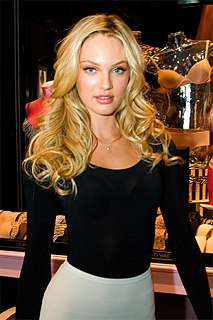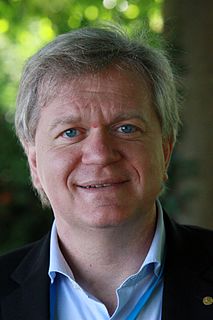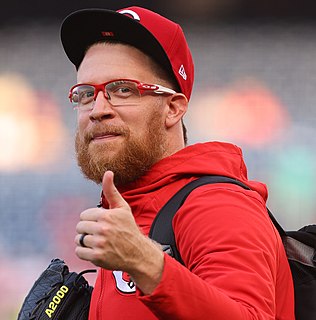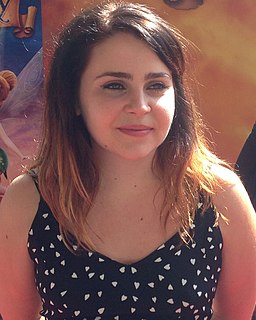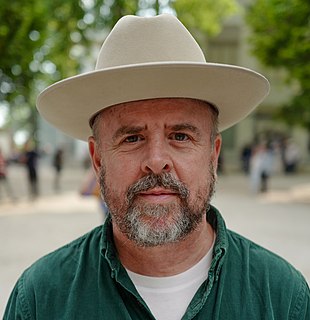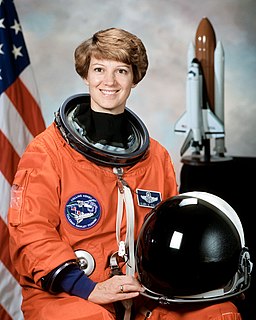A Quote by Candice Swanepoel
Some people explore who they think they might be. Then some people explore who they already are and empower it.
Related Quotes
I think a scientist's job is to explore the Universe, to explore the cosmos around us. People always want to know - why is that useful? Well, on just pure fundamental grounds, on some level it's like art, it's like umm, music, it's aesthetics, it's like philosophy. You want to know where you are in the Universe.
So many people that we met had some sort of connection to the [Olympics] games. Some story about how they volunteered there, or some sort of memory of it. It still is in the cultural memory and identity of these cities as much as it is in the physical and architectural memory. It's where these two things overlap, I think, that we're trying to explore with the photos.
But once we realize that people have very different kinds of minds, different kinds of strengths -- some people are good in thinking spatially, some in thinking language, others are very logical, other people need to be hands on and explore actively and try things out -- then education, which treats everybody the same way, is actually the most unfair education.
So when a good idea comes, you know, part of my job is to move it around, just see what different people think, get people talking about it, argue with people about it, get ideas moving among that group of 100 people, get different people together to explore different aspects of it quietly, and, you know – just explore things.
